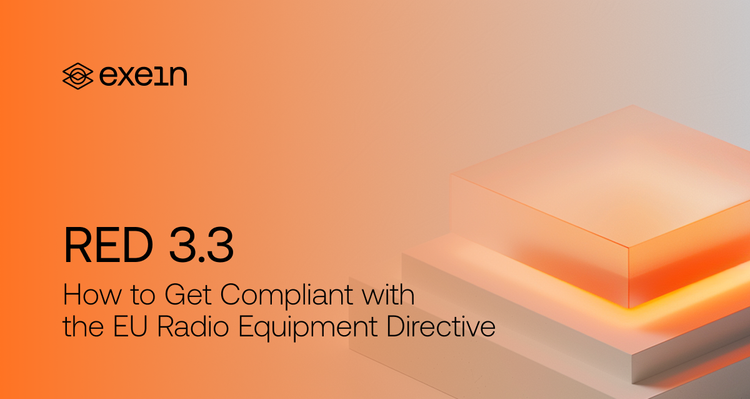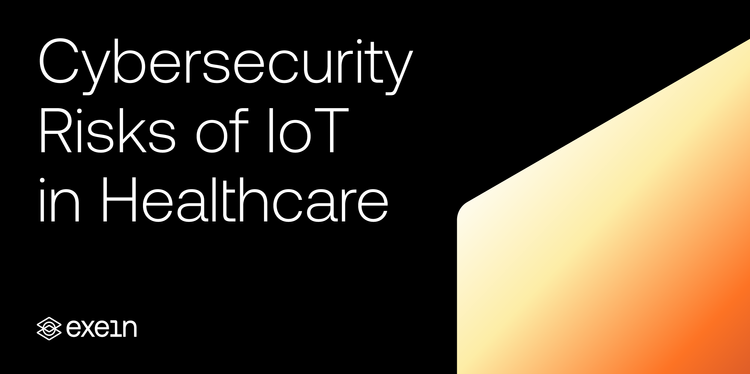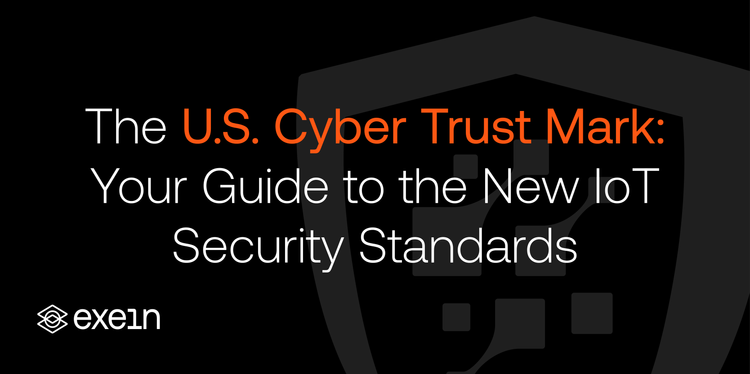Can Smart Home Devices Affect Your Sleep Quality?

As our living spaces evolve into interconnected hubs of innovation, it becomes crucial to understand how these revolutionary gadgets impact various aspects of our lives, particularly our sleep.
The convenience of manipulating our environment with a simple voice command or a tap on a screen is undoubtedly an enticing prospect. However, amidst this rapid evolution of convenience and automation, we must pause to consider the potential implications of these devices on our sleep patterns and overall sleep quality.
This article looks into the nuanced relationship between smart home devices and sleep quality. It explores how the use of such devices in our daily routines can subtly alter our sleep cycles, for better or worse. We will discuss the potential benefits and drawbacks, supported by recent research and studies on the topic.
In addition, the discussion will expand to cover the realm of Internet of Things (IoT) security. We'll explore how robust security measures in IoT devices can help mitigate any potential adverse effects on sleep quality, ensuring that our smart homes continue to enhance our lives without compromising our wellbeing.
Is Your Smartphone Affecting Your Sleep?
While it might seem harmless to use your phone before bedtime, it can actually disrupt your body's natural rhythm. The blue light emitted from screens can interfere with the production of melatonin, a hormone that plays a crucial role in regulating our sleep-wake cycle. Consequently, using your phone before sleep can impede your ability to get a good night's rest.
This is because the melatonin disruption can confuse your body's internal clock, potentially causing you to feel alert when you should be winding down and making it more difficult to fall asleep. Establishing a habit of avoiding screen time before bed can significantly improve the quality of your sleep. Improved sleep, in turn, can enhance your overall health and well-being, making you feel more refreshed, energetic, and ready to tackle the day. So, it's worth considering a digital detox each night before you sleep to promote a healthier lifestyle.
Do Electronic Devices Cause Insomnia?
It's all too tempting to take a quick glance at social media or skim through emails just before we tuck ourselves into bed. This seemingly innocuous habit, however, has been shown by research to have a detrimental impact on our sleep quality. Our personal gadgets like computers and phones, while essential for our day-to-day lives, unfortunately make it harder for us to wind down and feel sleepy, particularly in the late evening hours when we should be preparing for rest.
This is primarily because the artificial light emitted by these devices can negatively affect the production of melatonin, a critical hormone that regulates our sleep-wake cycle. When melatonin levels are disrupted, it can lead to a host of sleep-related problems, significantly reducing both the quantity and quality of our sleep. This underscores the importance of being mindful of our screen time, particularly in the hours leading up to bedtime.
Is It Bad to Sleep Next to Electronics?
The presence of electronics in our bedrooms can significantly impact the quality of our sleep. Electronics such as smartphones, tablets, and laptops can interfere with the production of melatonin, a hormone that plays a critical role in regulating our sleep. These devices emit blue light that can disrupt our natural sleep rhythm, leading to difficulties in both falling asleep and staying asleep throughout the night.
Furthermore, the constant notifications and the temptation to check emails or social media can lead to increased stress and anxiety levels, which can further hinder sleep. These digital distractions can result in fragmented sleep patterns, and consequently, a decrease in overall sleep quality.
For better sleep hygiene, experts strongly suggest removing all tech gadgets from the bedroom. Creating a tech-free sanctuary promotes a more peaceful and relaxing environment, free from the distractions and disruptions that these devices can cause. By doing so, you are setting up a space that encourages relaxation and tranquility, which can significantly enhance your sleep quality and overall well-being.
Does Screen Time Reduce Sleep Quality?
The presence of screen-media devices such as smartphones, tablets, and televisions in the bedroom can lead to detrimental effects on our sleep patterns, including reduced sleep duration, later bedtimes, and poorer sleep quality. These devices emit blue light which can suppress the production of melatonin, a hormone that regulates sleep-wake cycles. This illuminates the crucial importance of limiting our screen time, especially in the hours leading up to bedtime.
By implementing and adhering to clear rules regarding the use of technology, particularly in the evening, we can improve the quality of our sleep significantly. Better sleep, in turn, contributes to improving our overall health and well-being, enhancing our mood, boosting our energy levels, and sharpening our cognitive abilities. Therefore, managing our screen time is an essential practice for maintaining a healthy lifestyle.
The Role of IoT Security in Enhancing Sleep Quality
Using smart devices has pros and cons, and one key point is to keep them safe. Near the end of our talk, we need to remind you that the security of these devices affects our sleep. If devices aren't safe, it can stress us out, knowing they might be open to threats. This worry can make our sleep worse.
If we use strong security for these devices, it can help ease these worries, making our homes safer. By choosing devices with good security and using the best digital safety practices, we can protect our data and feel more at peace. This can help us sleep better without worrying about digital threats.
In closing, smart home devices make life easier and give us more control, but we can't ignore their effect on our sleep. By knowing how screen time affects us and taking steps to lessen these effects, including making our devices safe, we can enjoy tech benefits without losing sleep. In this digital age, we should remember that sometimes the best thing for a good night's sleep is to disconnect and secure our digital world.
Choose healthier online habits, make sure your smart devices are safe, and pick devices from makers who focus on security. By picking tech with built-in security, you'll sleep better and keep your personal space safe from threats. This forward-thinking approach to online well-being and safety will greatly boost your life quality. Your body and mind will be grateful for these smart choices.




